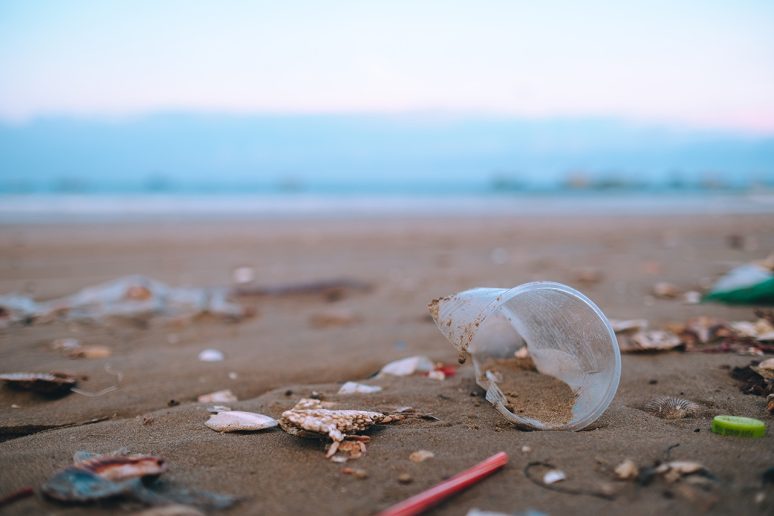THE machine used to remove “waste” from Mornington Peninsula beaches may itself become a rare sight near the foreshores.
Although not specifically mentioned in a motion adopted unanimously last month by Mornington Peninsula Shire councillors, Cr David Gill says he wants to end to the use of “the mechanical beach raking machine”.
Gill says his motion printed on the 30 May agenda did not mention using the machine because “that would not be allowed on operational grounds” overseen by shire CEO John Baker.
Gill’s reasons for wanting to stop the use of mechanical beach cleaning machines were also left off the agenda and were not discussed by councillors.
If he had explained his reasons for wanting the raking machines kept off the beaches Gill would have said they destroy live vegetation; remove washed up seaweed that helps provide biodiversity; break up plastics and glass and buries them under the sand; do not pick up small items like cigarette butts; and kill or remove creatures living in the sand.
The “sanitised” version of his proposal adopted by council reads: “That council policy emphasise an environmentally friendly outcome for cleaning of council controlled beaches and take notice of climate crisis issues involved in some beach cleaning methodology.”
However, in a statement sent to The News, Gill said removing seaweed from beaches was illegal and micro plastics killed marine life.
“Broken needles are found in the sand after beach raking,” he said.
“Nearly all noticeable beach rubbish is left behind by visitors not washed onto our beaches.
“There is no mechanical beach cleaning on the Western Port side of the peninsula and very little need for any cleaning.”
The unanimous adoption of the motion by councillors was made in the same week that the CSIRO released a report that found micro and nano plastics “are pervasive in our food supply and may be affecting food safety and security on a global scale”.
The study shows plastics and their additives are present at a range of concentrations not only in fish but in many products including meat, chicken, rice, water, take-away food and drink.
Environmental campaigner and the shire’s 2019 Australia Day Citizen of the Year Josie Jones said she collected about 300 grams of macro and meso plastics at Capel Sound beach one day after it was “cleaned” by the mechanical rake on 18 and 22 May.
“The wind and rain revealed more items, the tide does not enter this area and has not since 18 May,” she said.
Jones, who cleans beaches daily, said removing plastic by hand reduced macro and meso plastics.
“However, they continue to appear after raking, despite my efforts,” Jones said.
“The only way to stop this cycle is to stop raking and remove the residue, hand clean, and campaign to stop littering and offer a better solution.”
The shire’s climate change and sustainability manager Melissa Burrage said council-managed beaches were cleaned by an external provider under a long term contract.
“A mix of mechanical and hand cleaning is applied, dependent on vehicle access, suitability, and cost,” she said.
“The proportion of beaches cleaned by the two different techniques can be adjusted under council direction, but this will impact the operational cost to council.”
Burrage said an internal working group had been established and a “potential research project is being planned” to “assess and understand the impacts and options for an alternate approach to the cleaning of our beaches”.
On World Oceans Day last week (6 June) Dr Aaron Jenkins of Edith Cowan University and The University of Sydney called for urgent attention to address the links between human health and oceans, while emphasising a precautionary approach was needed to maintain the ecosystem integrity of our oceans.
He said the “urgent call to safeguard our oceans” recognised that “our health, wellbeing, and survival are inextricably linked with the health of the world’s oceans”.



